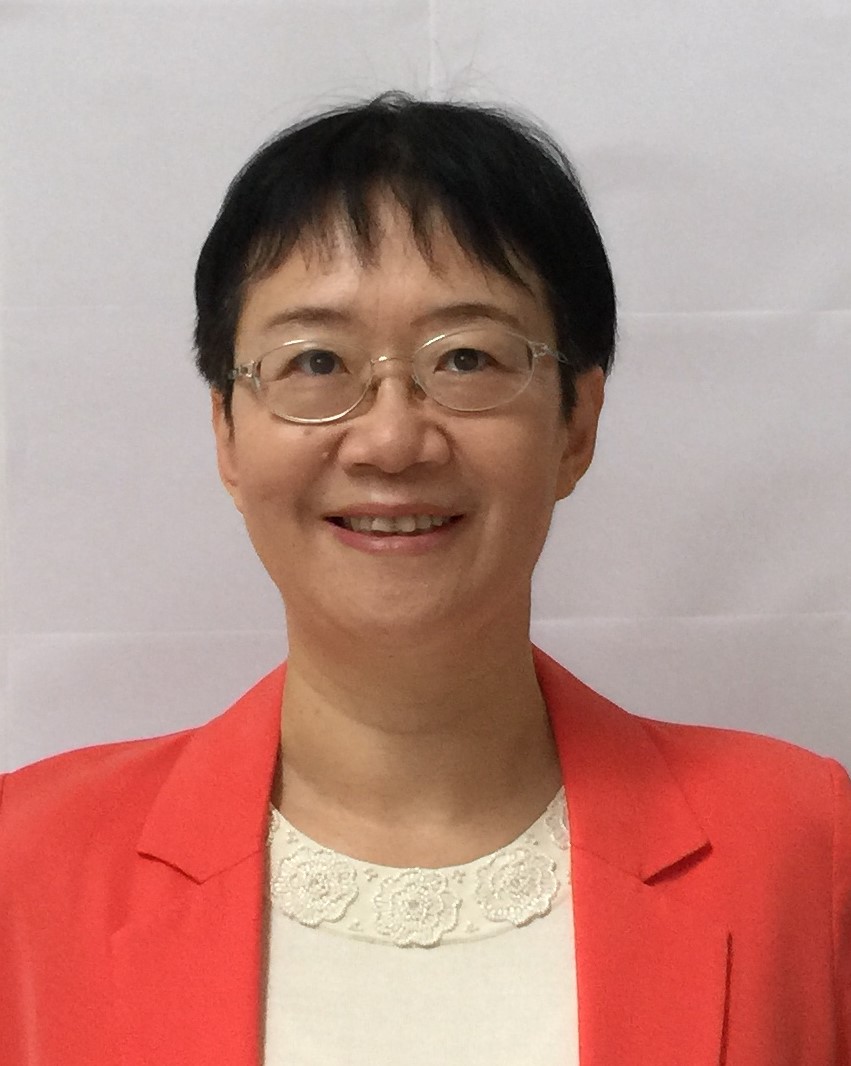
School of Computer Science
Georgia Institute of Technology
From Edge Video Analytics to Federated Learning
The rapid growth of wireless mobile broadband communication networks has fueled new capabilities in scalable device-to-edge-to-cloud continuum, ranging from increased data rates of 1~10 Gbps, ultra-low latencies of 1ms or less, larger coverage with massive number of devices connected 24x7. These advances have enabled exciting new edge native applications, such as Augmented Reality/Virtual Reality (AR/VR) and video analytics. However, unlike Clouds, edge clients have little elasticity in computing and communication resources, are intermittently connected to the Internet, inherently heterogeneous in computing resource, and more exposed to privacy and security violations. In this keynote, I will use edge video analytics and federated learning as two emerging and complimentary distributed learning paradigms in navigating this device-edge-cloud continuum, while considering resilience, privacy, and multi-tenancy of shared and heterogeneous resources. I will describe alternative distributed learning architectures and optimization strategies, enabling edge system adaptability and robustness, while preserving good application fidelity (level of accuracy).
Bio:
Ling Liu is a full professor in the School of Computer Science at Georgia Institute of Technology. She directs the research programs in the Distributed Data Intensive Systems Lab (DiSL), examining various aspects of big data systems and analytics. Prof. Liu is an elected IEEE Fellow, a recipient of IEEE Computer Society Technical Achievement Award (2012), and a recipient of the best paper award from numerous top venues, including IEEE ICDCS, WWW, ACM/IEEE CCGrid, IEEE Cloud, IEEE ICWS. Prof. Liu served on editorial board of over a dozen international journals, including the editor in chief of IEEE Transactions on Service Computing (2013-2016). Prof. Liu is currently the editor in chief of ACM Transactions on Internet Computing (since 2019). Her current research is primarily supported by National Science Foundation, CISCO and IBM.


